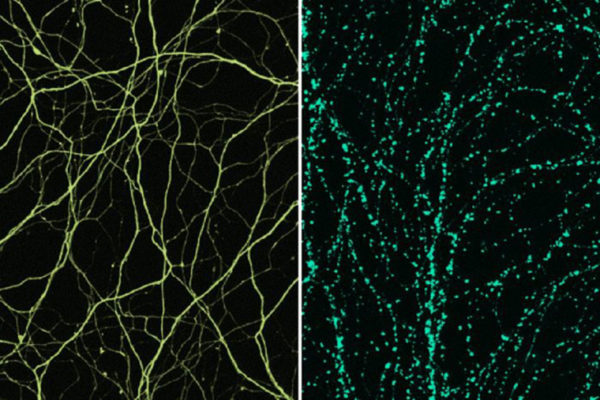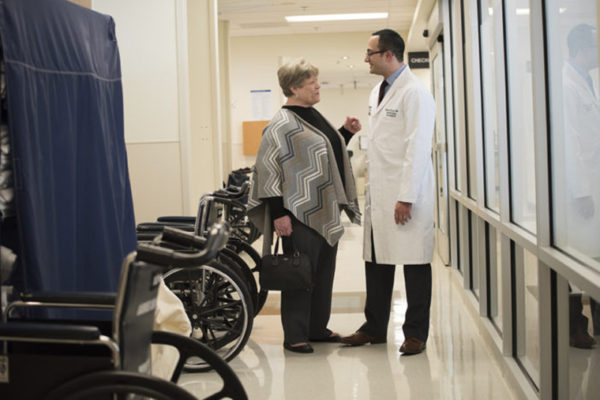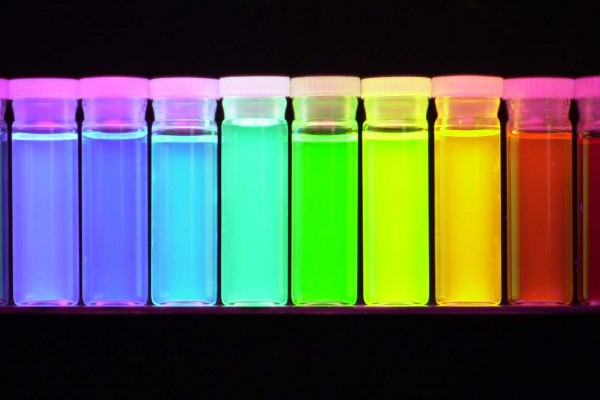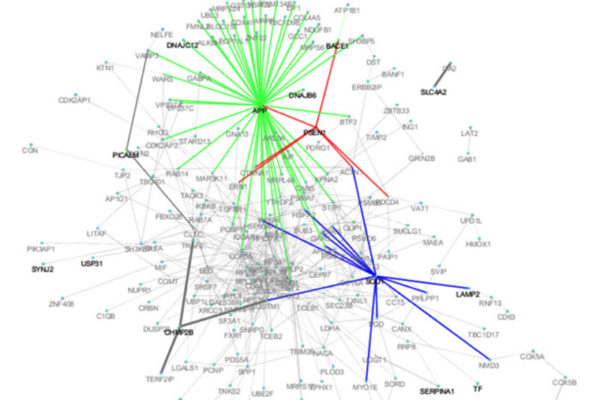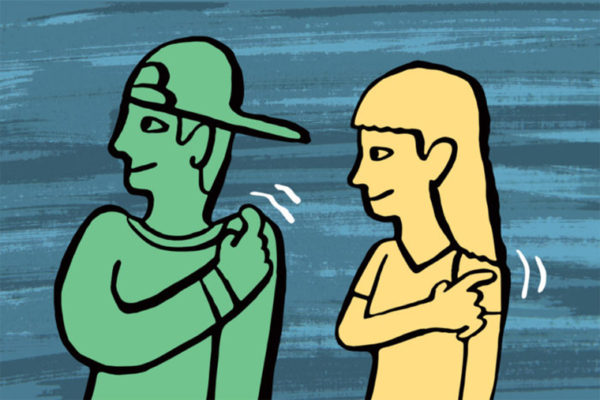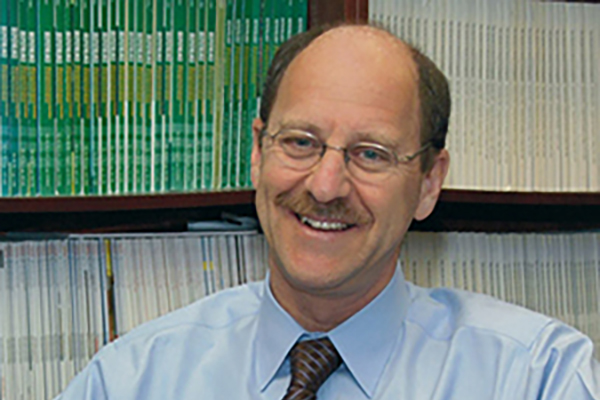Surprising culprit in nerve cell damage identified
Scientists at the School of Medicine have implicated a specific molecule in the self-destruction of axons, the wiring of the nervous system. Understanding just how that damage occurs may help researchers find a way to halt it.
Spinal cord stimulation relieves back pain without opioids
Doctors who treat back pain are exploring new approaches that help some patients avoid opioid drugs. One option available at the Washington University Pain Center at Barnes-Jewish Hospital involves stimulating the spinal cord with very short pulses of electricity.
WashU Experts: Science cuts would cause ‘chilling effect’
Proposed federal budget cuts to two major programs could translate into fewer treatments, fewer cures, fewer drug findings, fewer researchers and fewer breakthroughs in areas where the United States is a world leader, say science and health experts at Washington University in St. Louis.
$7 million aimed at illuminating the genetics of Alzheimer’s disease
Two new studies led by the School of Medicine aim to clarify the genetic underpinnings of Alzheimer’s disease. Funded by grants totaling $7 million from the National Institutes of Health (NIH), researchers seek to find ways to predict who will develop the disease as well as new targets for therapies.
Obituary: Frederick Peterson, former professor of clinical pediatrics, 85
Frederick D. Peterson, MD, a former professor of clinical pediatrics at Washington University School of Medicine, died March 2, 2017, in his sleep at a nursing home in Chesterfield, Mo.
Brain hardwired to respond to others’ itching
Washington University School of Medicine researchers have found that socially contagious itching is hardwired in the brain. Studying mice, the scientists identified what happens in the brain when a mouse feels itchy after seeing another scratch.
Experts call for increased efforts to prevent cancer
Cancer prevention experts, led by Washington University School of Medicine’s Graham A. Colditz, MD, PhD, are calling for education efforts and expanded programs to help people improve their health and halt cancer development.
Perlmutter to chair Medical Sciences Section of AAAS
David H. Perlmutter, MD, executive vice chancellor for medical affairs and dean of Washington University School of Medicine in St. Louis, has been named chair-elect of the Medical Sciences Section of the American Association for the Advancement of Science (AAAS). His three-year term began in February.
Academy of Science-St. Louis honors researchers
Five researchers at Washington University in St. Louis are being honored as outstanding scientists by the Academy of Science-St. Louis. University recipients of this year’s honors are faculty members Stephen Beverley, Liviu Mirica, Kater Murch, Edward Spitznagel and Peter Wyse Jackson.
Register now for Mini-Medical School
The School of Medicine’s innovative program to introduce lay people to the world of medicine will get underway again later this month. Register now to take part in Mini-Medical School, a series of lectures and hands-on labs on everything from surgery to back pain to Alzheimer’s disease.
View More Stories
